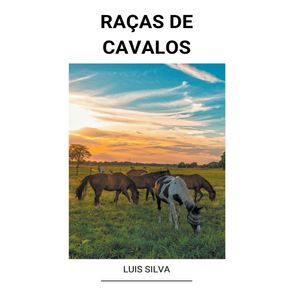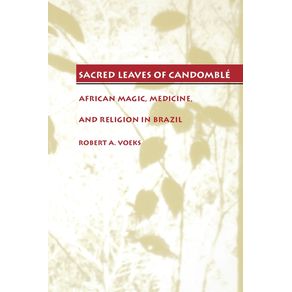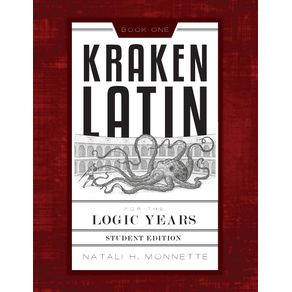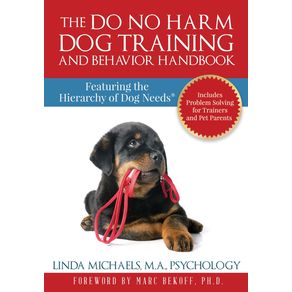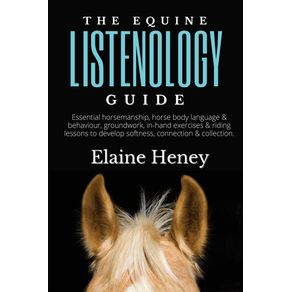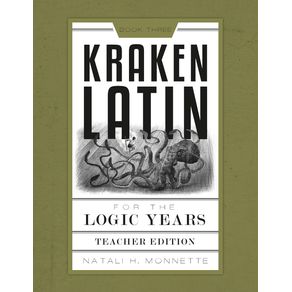-
DEPARTAMENTOS
- ANIMAIS DE ESTIMAÇÃO
- ARTES
- AUTO AJUDA
-
BEM ESTAR E LAZER
-
CATEGORIAS
-
-
CULINÁRIA E GASTRONOMIA
-
CATEGORIAS
-
-
ESPORTES
-
CATEGORIAS
-
- INFANTIL
-
RELIGIÃO
-
CATEGORIAS
-
- ADMINISTRAÇÃO E NEGÓCIOS
-
CIÊNCIAS BIOLÓGICAS E NATURAIS
-
CATEGORIAS
-
- DIREITO
- ECONOMIA
-
MEDICINA
-
CATEGORIAS
-
-
TODOS DEPARTAMENTOS
-
INTERESSE GERAL
-
LIVROS TÉCNICOS
-
- IMPORTADOS
Dull Disasters? How Planning Ahead Will Make a Difference
Cód:
491_9781013286377
Dull Disasters? How Planning Ahead Will Make a Difference
Autor:
Editora:
Código:
491_9781013286377
Vendido e entregue por Um Livro
Economic losses from disasters are now reaching an average of US$250-$300 billion a year. In the last 20 years, more than 530,000 people died as a direct result of extreme weather events; millions more were seriously injured. Most of the deaths and serious injuries were in developing countries. Meanwhile, highly infectious diseases will continue to emerge or re-emerge, and natural hazards will not disappear. But these extreme events do not need to turn into large-scale disasters. Better and faster responses are possible. The authors contend that even though there is much generosity in the world to support the responses to and recovery from natural disasters, the current funding model, based on mobilizing financial resources after disasters take place, is flawed and makes responses late, fragmented, unreliable, and poorly targeted, while providing poor incentives for preparedness or risk reduction. The way forward centres around reforming the funding model for disasters, moving towards plans with simple rules for early action and that are locked in before disasters through credible funding strategies-all while resisting the allure of post-disaster discretionary funding and the threat it poses for those seeking to ensure that disasters have a less severe impact.This work was published by Saint Philip Street Press pursuant to a Creative Commons license permitting commercial use. All rights not granted by the works license are retained by the author or authors.
Veja mais

